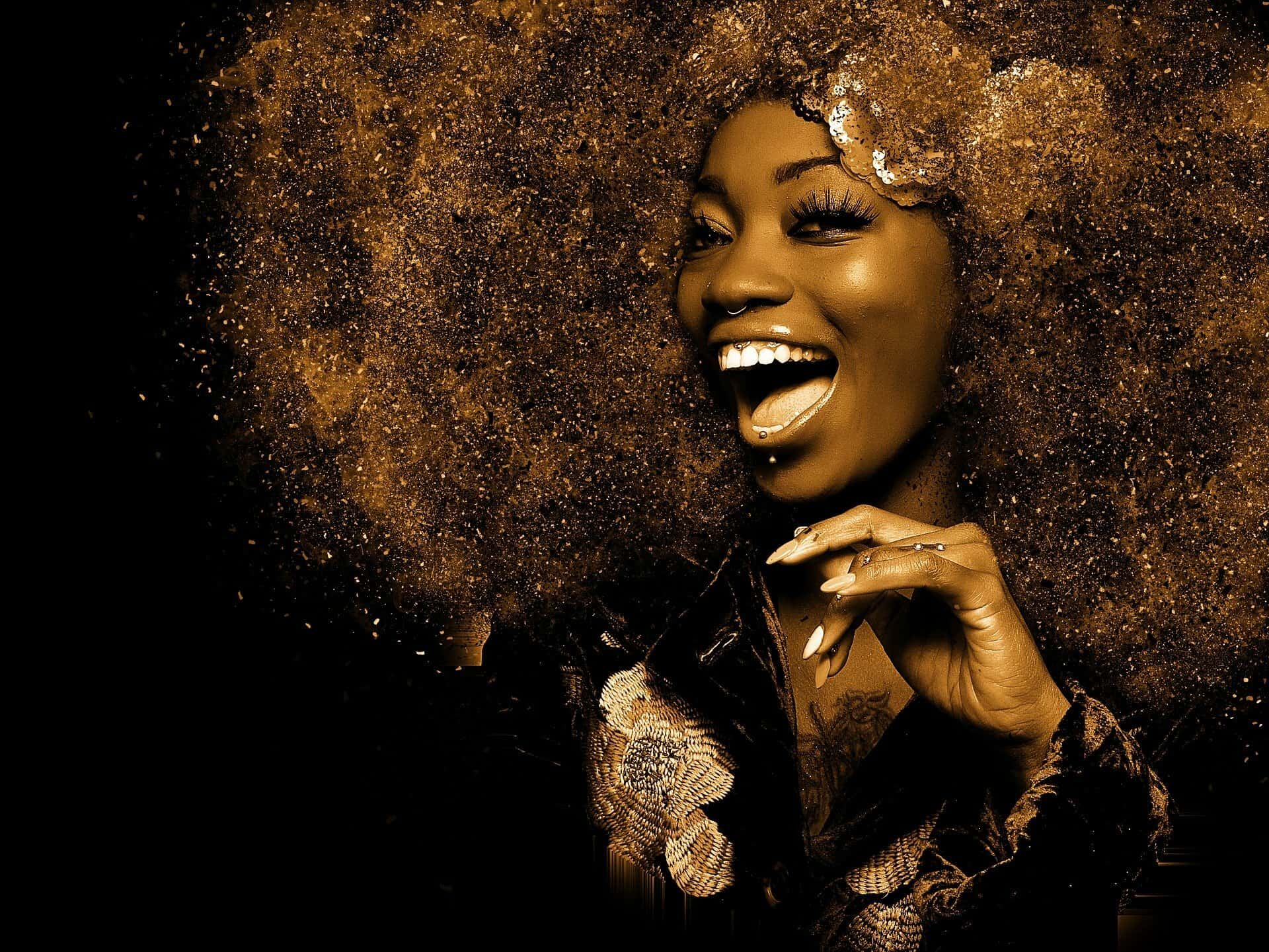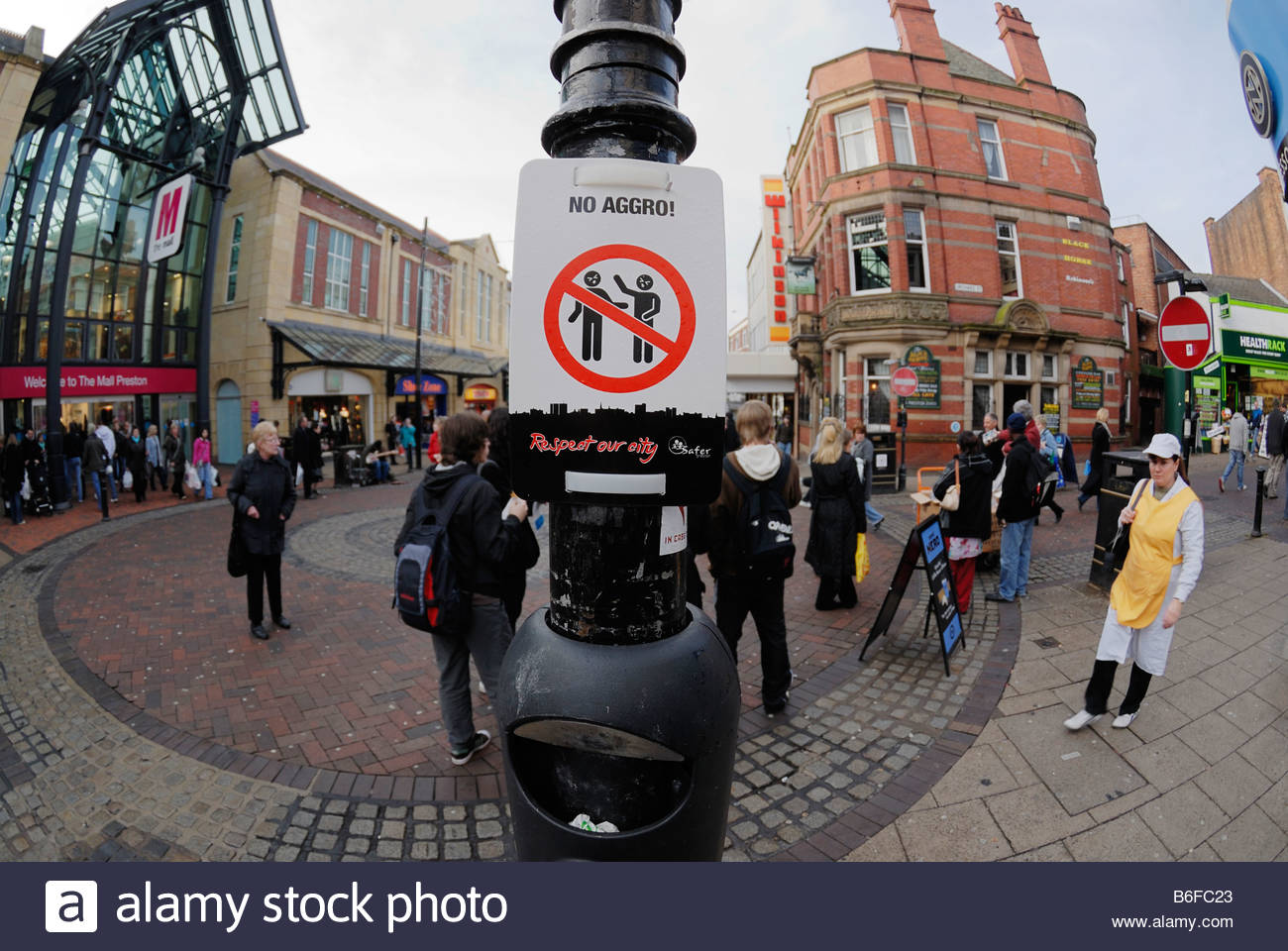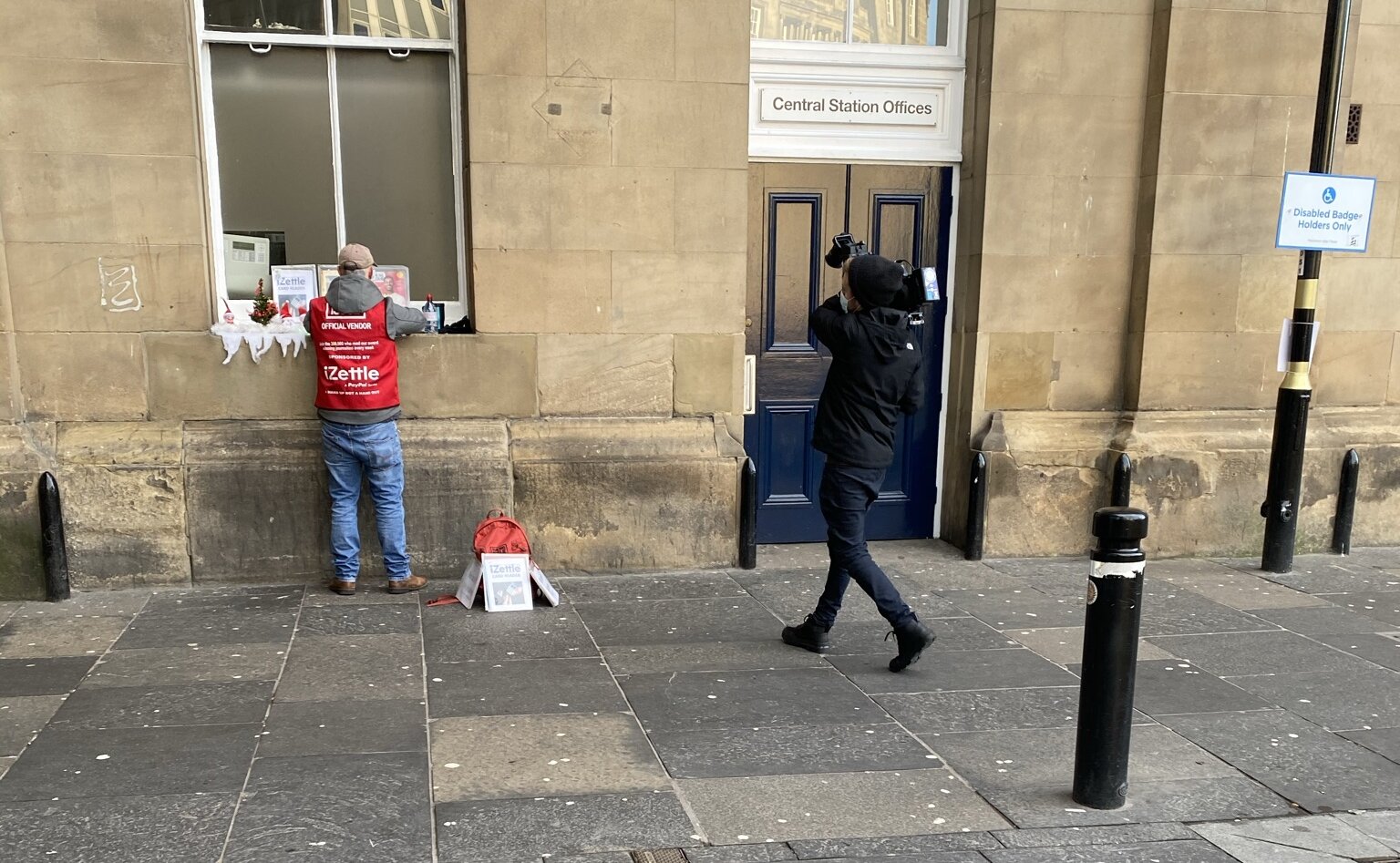INVESTIGATION
Hair discrimination is a perfect example of seemingly innocuous discriminatory policy that targets black women in socio-economic spheres.
Alethea Farline investigates how this policy impacts education, mental health, and societal perceptions of race.

THE University of Sunderland is implementing equality, diversity and inclusion training to combat discrimination – including hair discrimination.
Justine Gillespie, equality, diversity and inclusion manager at the University of Sunderland, said: “I relaunched the university’s equality and diversity and inclusion group, and as part of that we put together a training plan.
“In that, we covered micro-aggressions and specifically, give the example of people commenting on afro-hair as an example of inappropriate behaviour.
“It’s moving and shifting the culture from one that is not racist to anti-racist. People are perhaps not aware of the impact these seemingly innocuous comments can have on an individual.”
The university, which was recently named University of the Year for Social Inclusion by The Times and Sunday Times Good University Guide 2021, has a zero tolerance approach to racism, and believes all students ‘should be able to pursue their studies without fear of harassment and must feel safe and able to report incidents.’

A recent study conducted by Donna Chambers, a professor at the university, found that 17% of students at UoS in Sunderland indicated they had experienced racism on campus and that 62% of BAME students had experienced racism outside the university campus, in the local community.
Justine said: “For example, we have a female black professor and she is often mistaken for a student or, in worst-case scenario, a cleaner purely because she is black.
“That isn’t particularly staff or students, it’s wherever she is in a social setting as well. There’s a need to raise awareness amongst staff so they know that this behaviour is not tolerated, and we take a zero-tolerance approach to it.”
The study found the three main reasons provided by students for not reporting incidents of racism were that they did not believe there would be any outcome; fear of repercussions; and lack of knowledge of who to report this to.
Justine said: “Last year the Equality Human Rights Commission produced a report on racism within higher education establishments and they identified it was prevalent.
“They talked about the concept of micro-aggressions, which perhaps hadn’t been on our radar before, and they gave an example of discussions around Afro hair and the perceptions of its professionalism.
“Up until that point it had never come to my attention. But that didn’t mean it didn’t exist.
“One of the things that came out of the report was people didn’t feel they could report these issues because they were seen as inconsequential and not important.”
The university has launched an online reporting tool for students to report any incidents of violence, sexual violence, harassment, hate crime or aggression students have experienced or witnessed.
Justine said: “It [hair discrimination] has a huge impact on mental health and attainment levels. It impacts the trust they have within the organisation they’re in because it’s racism, simply put.
“It’s the sort of racism that has been tolerated. Previously, people would look for the huge things, the violent acts, whereas actually, these can be as impactful, particularly if they happen over a long period of time.”



